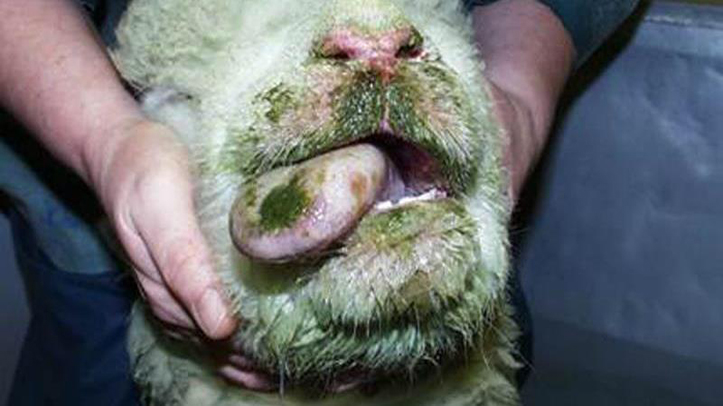Following the publication of the latest risk assessment quantifying the risk of bluetongue virus (BTV-3) in the UK from the Animal and Plant Health Agency (APHA), the National Sheep Association (NSA) is calling for increased vigilance amongst the nation’s sheep farmers to protect their flocks, and the national flock, from the midge transmitted virus.
In the statement released earlier this week, APHA confirmed that there is now a very high probability of BTV being introduced to livestock in Britain through infected biting midges, the carrier of the virus, being blown over to the UK from Northern Europe.
NSA chief executive Phil Stocker said: “There is a huge amount of concern over how BTV-3 might affect the livestock sector this season and a lot of discussion within the industry and with Defra has been taking place over the best way to deal with this if and when it does appear.”
The BTV-3 strain of the disease was first identified in the UK last November in cattle and sheep in South East England but with virus carrying midges having reduced activity over winter due to colder temperatures the risk of disease was lowered.
The risk of virus transmission is now expected to increase as temperatures rise but currently, despite the increase in midge activity, the risk of transmission remains low.
Mr Stocker continued: “NSA continues to urge sheep farmers to be vigilant to the signs of BTV-3 in their livestock, especially as there is no licensed vaccine yet available in the UK. We are encouraging the Government in their engagement with vaccine manufacturers on the development and authorisation of a vaccine for use in the UK.
“The Netherlands has employed an emergency use vaccination programme and if this gets wide uptake there it may help a lot in helping keep infection from arriving here.”
BTV is a notifiable disease. Suspicion of BTV in animals must be reported to APHA immediately.


